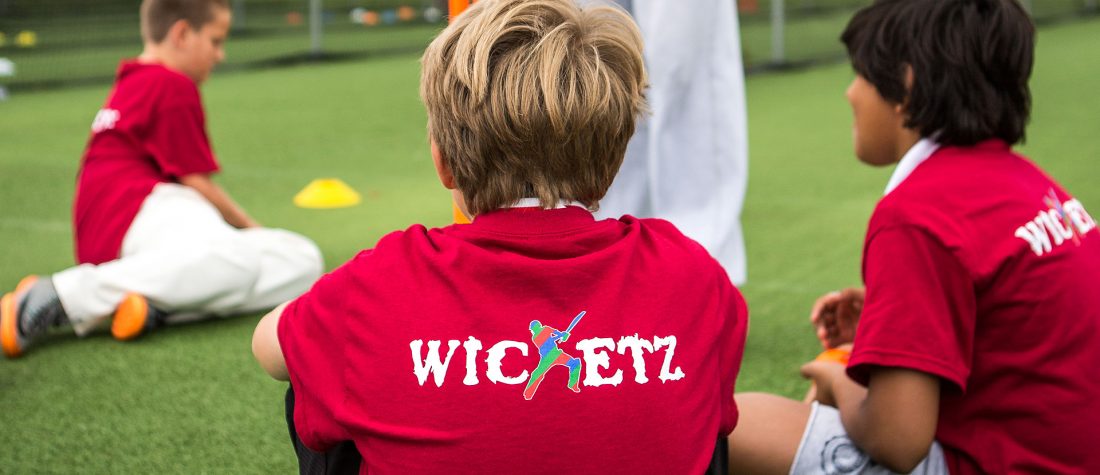On a fascinating day of discussions, a diverse panel convened in Parliament last month to explore the myriad ways in which sport can positively influence communities and individuals. The event was marked by passionate speeches from sports charity workers, health and well-being experts, MPs, and young people who had personally experienced transformative benefits from sports engagement. The topics covered ranged from the impact of sport on mental health, its potential as a tool for social cohesion, and its effectiveness in fostering resilience and life skills among the youth.
James Daly MP, representing Bury North, emphasised the necessity of sports as a means of galvanising communities and inspiring individuals. Drawing attention to his son’s experience with dyspraxia, he highlighted how group activities could provide life-changing opportunities and build confidence in young people. He lamented the “ghettoisation” of sports facilities, including the neglect and underuse of sports facilities in Radcliffe, Greater Manchester, where in the past “hundreds of people would have been surrounding the field”. Daly’s passionate plea was to consider the social and mental health costs associated with the loss of access to sport, and the importance of providing the same access to working-class kids that their middle-class peers enjoy.
“People want pride”, he added, “something to give them meaning”. Bury FC was one such source of community meaning and identity, which was taken away following their expulsion from the EFL in 2019. In many ways, it represents a case study of how communities can suffer a measurable mental health impact when these clubs and communities are taken away. “Politics is often about lecturing people and telling them what to do – but for mental health it hasn’t worked”. The panel highlighted moreover that physical exercise and community inclusion are two of the great mitigators of mental health issues – and community sport brings both.
Sport positively influences mental health by enhancing mood, reducing stress, increasing self-esteem, and helping manage depression and anxiety, acting as a natural yet powerful tool for overall mental well-being.
Andrew Bingham, from the Lords and Commons Cricket Club, discussed the valuable lessons sports can teach, including etiquette, resilience, and social skills. He spoke about the need to change the government’s approach to valuing sports and what it can do, suggesting that it could be used more effectively for positive societal change. Dr. Maria Papavergos, a dentist and wellbeing expert, provided the scientific evidence, presenting a holistic view on sports’ potential in improving mental health.
Emphasising the undervalued factors of nutrition, oral health, Papavergos expanded upon the need to make healthier choices more accessible to those on lower incomes. Even in sports events, she “always find(s) that the snack offerings are not what I would expect for a sport that should be associated with health”, with cakes and pizzas offered in preference to proteins, fruit and veg. Cheap diets which are high in sugar also risk oral health, which is strongly negatively associated with mental health. Providing water, or chewing gum, to help neutralise acids in the mouth would be an example of a small step in changing behaviour towards sustaining a more healthy lifestyle, and moving from reactionary to preventative measures.
The panel also heard how sports can provide a “single-minded focus,” which can aid individuals in combating mental health issues. Sport is a preventative strategy in itself, allowing people to “get out of their own heads” and focus on the game.
Lord’s Taverners’ Youth Coordinator Katie Holland shared her experience working in Plymouth. She highlighted the challenges faced by young people in the community, particularly fear and a lack of accessibility to inclusive sports. Through examples like a young participant named Josiah, aged only 10, she demonstrated the transformative potential of sports. It can boost resilience, social skills, and provide a supportive community.
Josiah’s mother discussed how sports can level societal hierarchies, no matter your background, and teach teamwork and sportsmanship. Echoing the sentiment, Josiah shared his personal journey of growth, from being unable to hit a cricket ball to learning valuable life skills and helping others. Joining after lockdown, he shared how he “felt nervous” about how many people were there. Having struggled with physical coordination, social skills, and with the hierarchical environment at school, Josiah found the Taverners’ programme transformative, revealing a more gregarious and sociable character through sport.
The Taverner’s National Cricket Programme Manager, Dan Wilson, talked about the importance of providing consistent, year-round sports provision for young people. Support must remain in place, or else it never really embeds itself into the community long enough to maintain itself. “I’m so proud to be part of a program that provides support week after week”. Luton, one such location, provides sports and coaching for 300 young people a week.
The event presented a powerful case for the integration of sport into community and personal development programs, underscoring the need for a shift in perspective from the government and public institutions to better recognise and leverage the immense potential of sport in fostering healthier and more cohesive societies. Daly concluded that, “If the Government buys into it and fund it to the tune of millions, you’ll have a revolution in mental health”.


